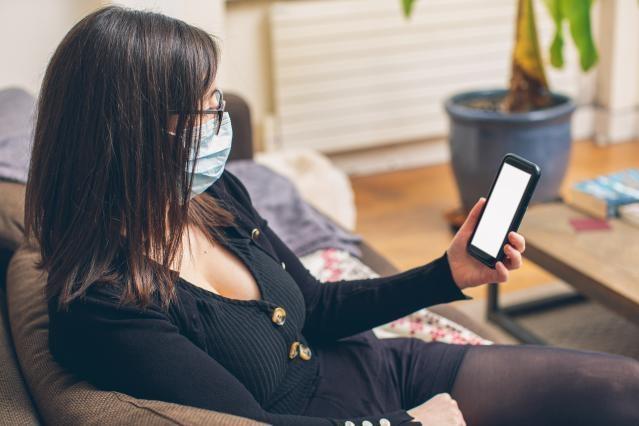We suggest that you follow the advice of your public health authorities, and the websites of relevant EU and international organisations: ECDC and WHO(link is external). You can also help by not sharing unverified information coming from dubious sources.
The fight against disinformation is a joint effort involving all European institutions. On our side, at the European Commission we are helping fight disinformation through a close cooperation with online platforms. We are encouraging them to promote authoritative sources, demote content that is fact-checked as false or misleading, and take down illegal content or content that could cause physical harm.
Separating fact from fiction
Unsure about some of the stories you read? Here are the facts:
EU countries remain the best partners for each other – and are stepping up their solidarity.
Large amounts of financial, medical and personnel assistance have been put in place to aid all EU member states. These include mobilising the EU budget through the setting up of a €37 billion for a Coronavirus Response Investment Initiative providing targeted assistance to member states to the fight against the Coronavirus crisis. In addition, €1 billion will be redirected from the EU budget as a guarantee to the European Investment Fund to incentivize banks to provide liquidity to at least 100,000 European SMEs and small mid-cap companies.
The EU has worked 24/7 to boost medical supplies. The civil protection operation ‘RescEU’ will stockpile and manage distribution of vital medical equipment to ensure it goes where it is needed most. We are also working to speed up production of new medical equipment around the clock. The initial EU budget of the stockpile is €80 million. When China asked for EU help, we delivered. Now China is returning the favour. International solidarity is a good thing. But let’s not forget EU solidarity: German hospitals taking Italian patients, masks being sent to Italian doctors from France and Austria and much more. EU solidarity saves lives.
The EU and the Member States take care of different things – in coordination with each other. The ability to pass laws at country level to tackle the coronavirus rests entirely with Member States – the Commission does not have a right to interfere in national legislation and decisions on subjects such as health. On the other hand, the EU can put together European policies and fast, coordinated, pan-European initiatives to tackle the crisis together with Member States. An example of this is that the decision to go into ‘lockdown’ and to close a country’s borders is made on a national level, whilst the mobilisation of €140 million from EU funds to find a vaccine, new treatments and diagnostic tests is made on an EU level.
The EU is accelerating procurement and distribution of medical equipment for its Member States. To respond to the need for medical equipment such as masks, gloves and protective overalls, the Commission launched several joint procurement procedures. Producers have now made offers for eye and respiratory protection that cover or exceed the quantities of items requested. Part of this equipment will be already available to deploy two weeks after Member States have signed the contracts.
Beware of online scams
Beware of online scams related to products that allegedly can cure or prevent the COVID-19 infection. Rogue traders advertise and sell products, such as protective masks, caps and hand sanitisers to consumers, which allegedly prevent or cure an infection but they may be fake.
Online resources and tools
Discover a selection of online resources and tools for learners, teachers and educators during the outbreak of COVID-19.

